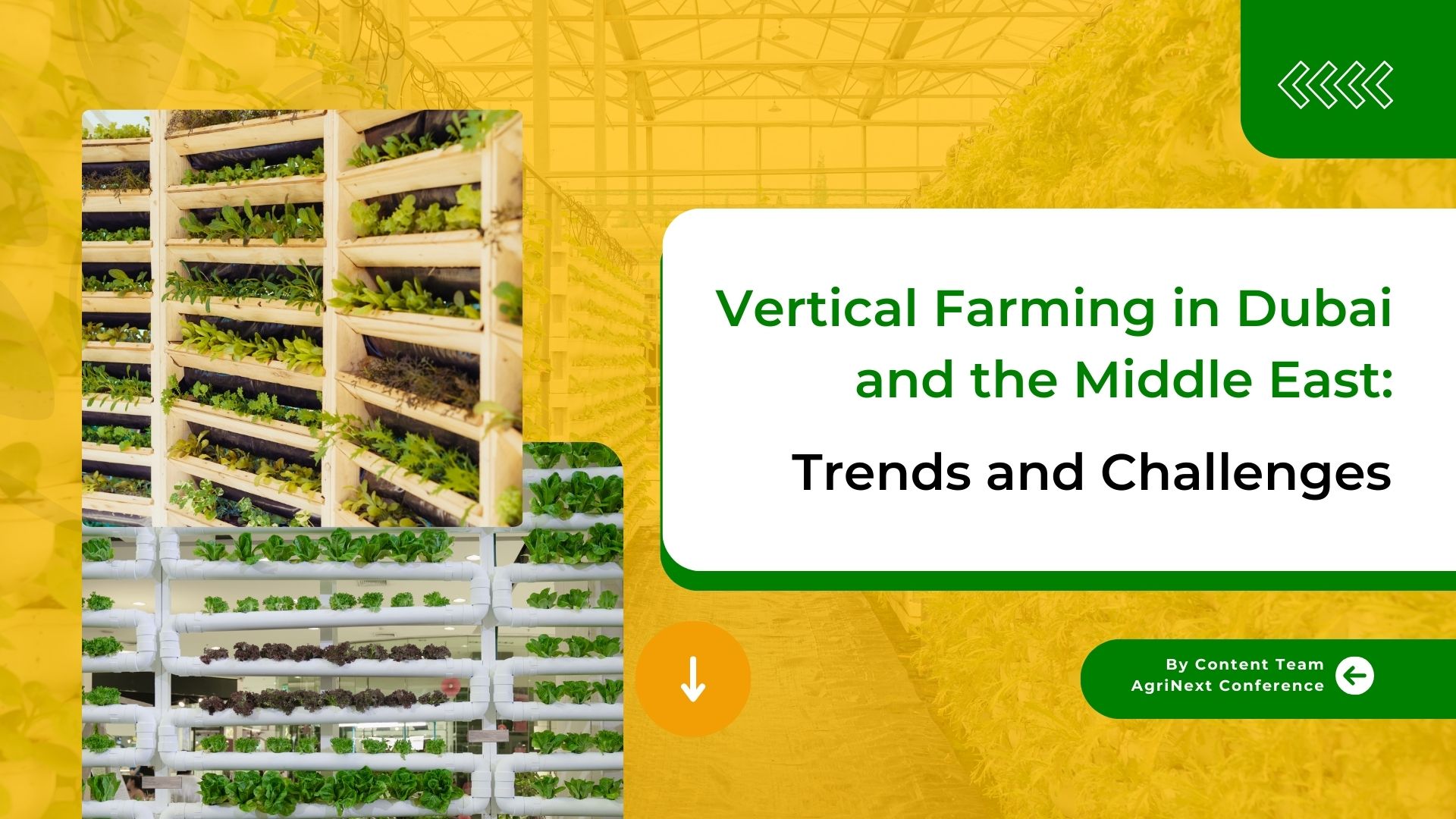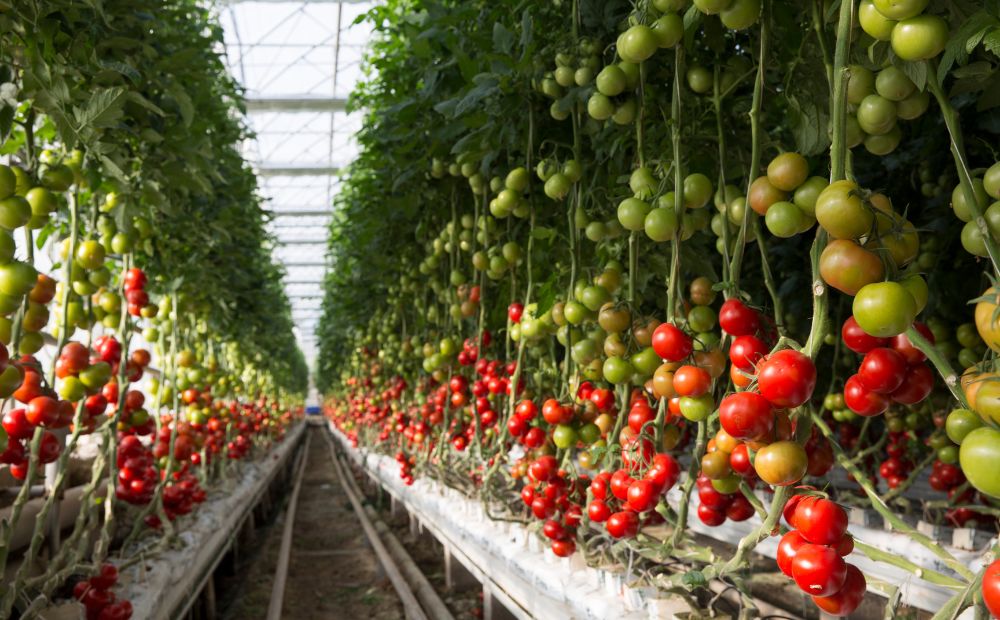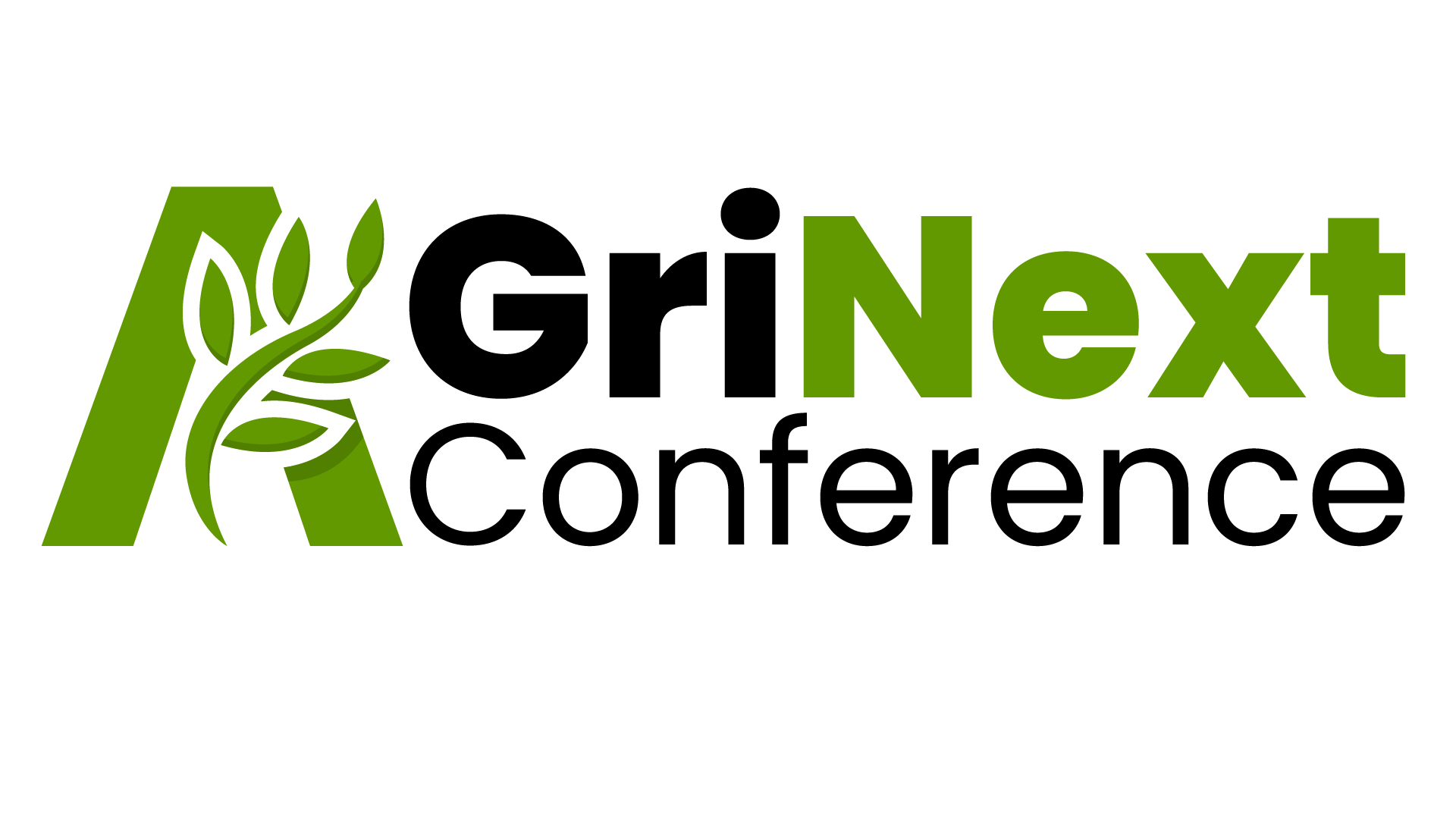
Vertical farming in Dubai is revolutionizing the agricultural landscape of the region. This innovative approach allows for the cultivation of crops in vertically stacked layers, optimizing space and resources. Given Dubai’s harsh climate and limited arable land, vertical farming offers a sustainable solution to these challenges. By using controlled environments, vertical farming in Dubai ensures year-round production of fresh produce, regardless of external weather conditions.
The integration of advanced technologies such as hydroponics and aeroponics is central to the success of vertical farming in Dubai. These methods significantly reduce water consumption, a critical advantage in an arid region. Moreover, vertical farming in Dubai supports the city’s sustainability goals by minimizing the carbon footprint associated with traditional agriculture and food transportation.
Investment and research play a crucial role in the development of vertical farming in Dubai. The UAE government and private sectors are actively investing in this field, promoting food security and technological advancement. Facilities like Emirates Crop One, the world’s largest vertical farm, exemplify the progress and potential of vertical farming in Dubai.
As the city continues to grow and urbanize, vertical farming in Dubai is becoming an integral part of its urban agriculture strategy, contributing to both food security and the aesthetic enhancement of urban spaces.
Table of Contents
Trends in Vertical Farming
Technological Advancements:
The integration of cutting-edge technologies such as hydroponics, aeroponics, and aquaponics is driving this industry. These methods allow plants to grow without soil, using nutrient-rich water or mist, significantly reducing water consumption—a critical factor in arid regions.
Investment and Partnerships:
There has been a substantial increase in investments from both government and private sectors. The UAE government, for example, has been proactive in supporting its projects as part of its food security strategy. International partnerships are also flourishing, bringing expertise and advanced technologies to the region.
One notable example of the UAE government’s investment in this field is its partnership with Crop One Holdings to establish the world’s largest vertical farm, Emirates Crop One. Located near Al Maktoum International Airport in Dubai, this facility represents a significant step towards achieving the UAE’s food security goals.
Spanning over 330,000 square feet, Emirates Crop One is designed to produce 6,000 pounds of high-quality leafy greens daily. The farm uses advanced hydroponic technology, which allows for year-round production regardless of external weather conditions.

Sustainability Focus:
Vertical farming supports the sustainability goals of many Middle Eastern countries. It uses significantly less water than traditional farming and can be powered by renewable energy sources. Additionally, by producing food locally, it reduces the carbon footprint associated with food transportation.
Urban Agriculture:
With the rise of smart cities, vertical farms are being integrated into urban environments. This not only makes fresh produce more accessible but also contributes to the aesthetic and environmental quality of urban areas.
Research and Development:
Institutions and companies are heavily investing in Research and Development to improve crop yields, reduce costs, and develop new plant varieties suited to vertical farming in Dubai because Dubai, in particular, has established research centers focusing on agricultural innovations. For example:
International Center for Biosaline Agriculture (ICBA)
Focus: ICBA is dedicated to addressing issues related to agricultural productivity in arid and saline environments. It conducts research on the use of saline water and marginal quality water for agricultural purposes, aiming to improve the productivity and sustainability of these challenging environments.
Research Areas: Developing salt-tolerant crops water management strategies soil health improvement climate change adaptation.
Facilities: ICBA provides advanced research facilities including laboratories, greenhouses, and experimental fields designed to support its research and development activities.
Other Initiatives and Facilities
While ICBA is a prominent example, Dubai also hosts several initiatives and its projects that contribute to agricultural research:
Emirates Bio Farm:
Engages in organic farming and research on sustainable agricultural practices.
Badia Farms:
A vertical farming in Dubai that focuses on hydroponics and other innovative farming techniques to produce leafy greens and herbs, contributing to urban agriculture research and development.
The UAE’s Leadership (Vertical Farming in Dubai)
The United Arab Emirates (UAE) stands out as the most dominant player in the Middle East, commanding an impressive 22.7% share. With limited arable land and harsh climatic conditions, the UAE has prioritized food security as a national imperative. Vertical farming in Dubai offers a sustainable solution to address these challenges, enabling year-round crop production while minimizing water usage and land requirements.
The UAE government has been proactive in promoting it through various initiatives and investments. For instance, the Dubai Industrial Strategy 2030 and the UAE Food Security Strategy have prioritized the development of vertical farming technologies and facilities.
Latest Trends and Developments
One of the most compelling drivers in the Middle East region is the ever-present challenge of water scarcity. Many countries struggle with arid climates and limited arable land, making traditional open-field agriculture a risky effort. Vertical farming in Dubai offers a beacon of hope by utilizing hydroponic or aeroponic systems that require significantly less water compared to conventional methods. Estimates suggest that vertical farms can use up to 95% less water than traditional agriculture, making them a game-changer in water-stressed regions. This water efficiency, coupled with the ability to cultivate crops in controlled indoor environments, directly addresses food security concerns in the Middle East region.
Although leafy greens like lettuce and herbs were the primary emphasis of vertical farming in Dubai and Middle East region initially, there has been a significant increase in the industry’s diversification recently. Concerned individuals are investigating the production of a wider range of crops, including fruits, vegetables, and even some types of flowers. Diversification is essential to attract consumers and guarantee the market’s long-term viability.
Innovation is another important factor in this expansion. Research and development are being done to find the best growth environments for different crops in vertical farms. Microgreens and strawberries, two crops sensitive to light, can now be grown easily thanks to developments in LED lighting technologies.
Key Players in the Market
These companies are significant players in the Middle East vertical farming market.
Challenges in Vertical Farming
High Startup Costs:
The first big disadvantage of this is the high initial cost involved in setting up a vertical farming operation.
This can be a barrier for widespread adoption, especially for smaller enterprises.
High Energy Consumption:
The next big disadvantage of vertical farming is high energy consumption.
While it can be powered by renewable energy, the energy demands for lighting, climate control, and water circulation are still high. Developing energy-efficient technologies and integrating sustainable energy sources are crucial for the viability of these farms.
Dependency on Technology Working Properly:
The next major disadvantage of vertical farming is the reliance on technology and the need for that technology to work properly. While the use of innovative technologies and high levels of automation is exactly what makes vertical farming in Dubai so exciting, the need to rely on technology can also be considered as one of the big risks involved.
High Level of Skills and Technological Thought:
Another disadvantage is the need for a highly educated workforce, which leads to high labour costs associated with product development.
Scalability:
Scaling vertical farming operations to meet the food demands of the entire region is a complex challenge. It involves balancing cost-efficiency, production capacity, and logistical considerations to ensure consistent and reliable food supply.
Some other notable challenges are:
Limitations on Crop Variety and Field Crop Replacement:
Another problem with vertical farming is that it cannot replace the farming of tall field crops and other protein dense plants
Market Acceptance:
Consumer acceptance of vertically farmed produce can vary. Education and awareness campaigns are essential to inform the public about the benefits of vertically farmed products, including their freshness, nutritional value, and environmental impact.
Conclusion
Vertical farming presents a promising solution to the agricultural challenges faced by Dubai and the Middle East. While there are significant hurdles to overcome, the trends indicate a positive trajectory towards sustainable, efficient, and innovative food production. With continued investment, research, and collaboration, vertical farming in Dubai can play a crucial role in ensuring food security and promoting sustainable development in the region. By addressing the challenges and leveraging the trends, Dubai and the Middle East can become global leaders, setting an example for other regions facing similar agricultural constraints.
Signup For AgriNext Conference Newsletter

